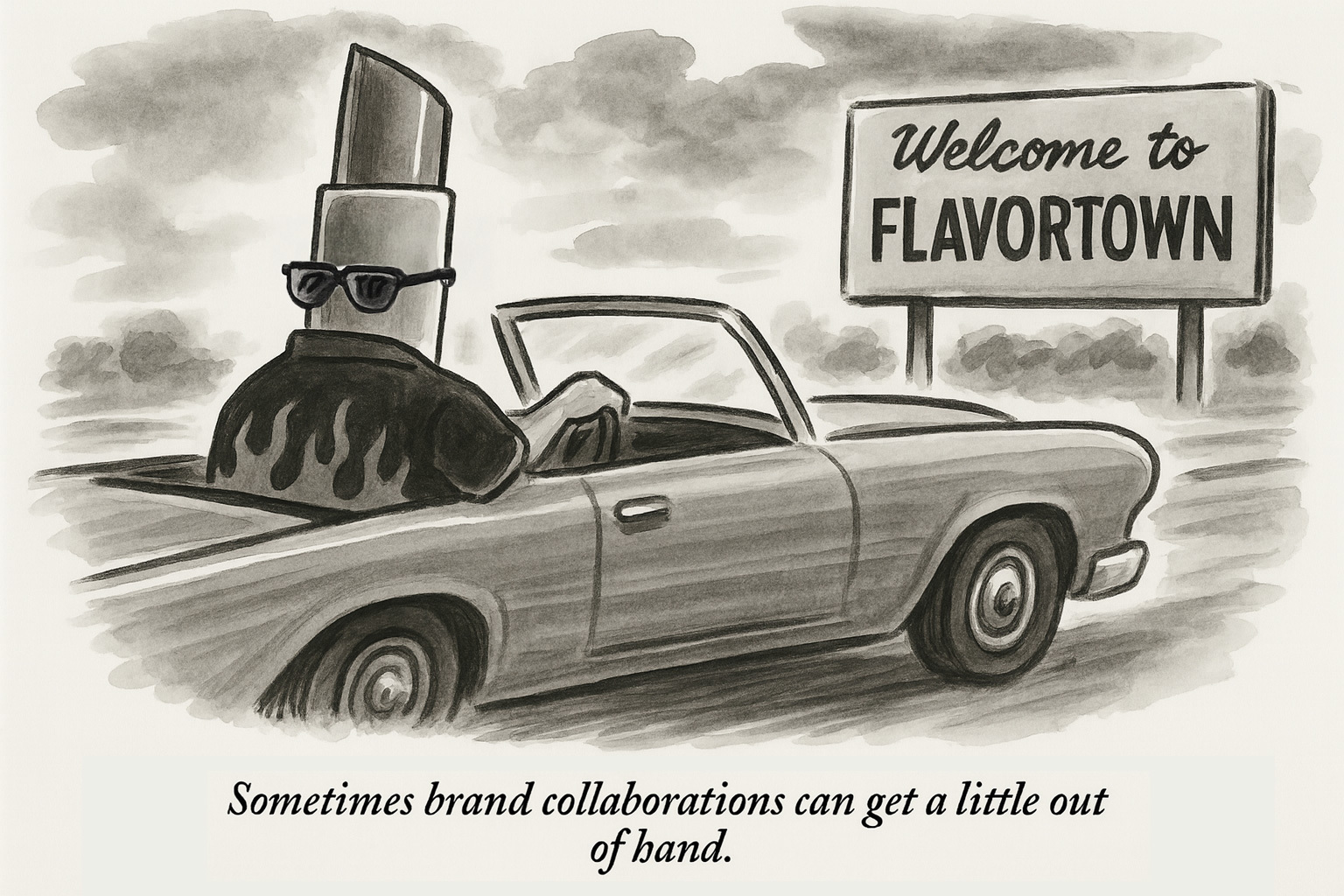
Guy Fieri's Lips Don't Lie

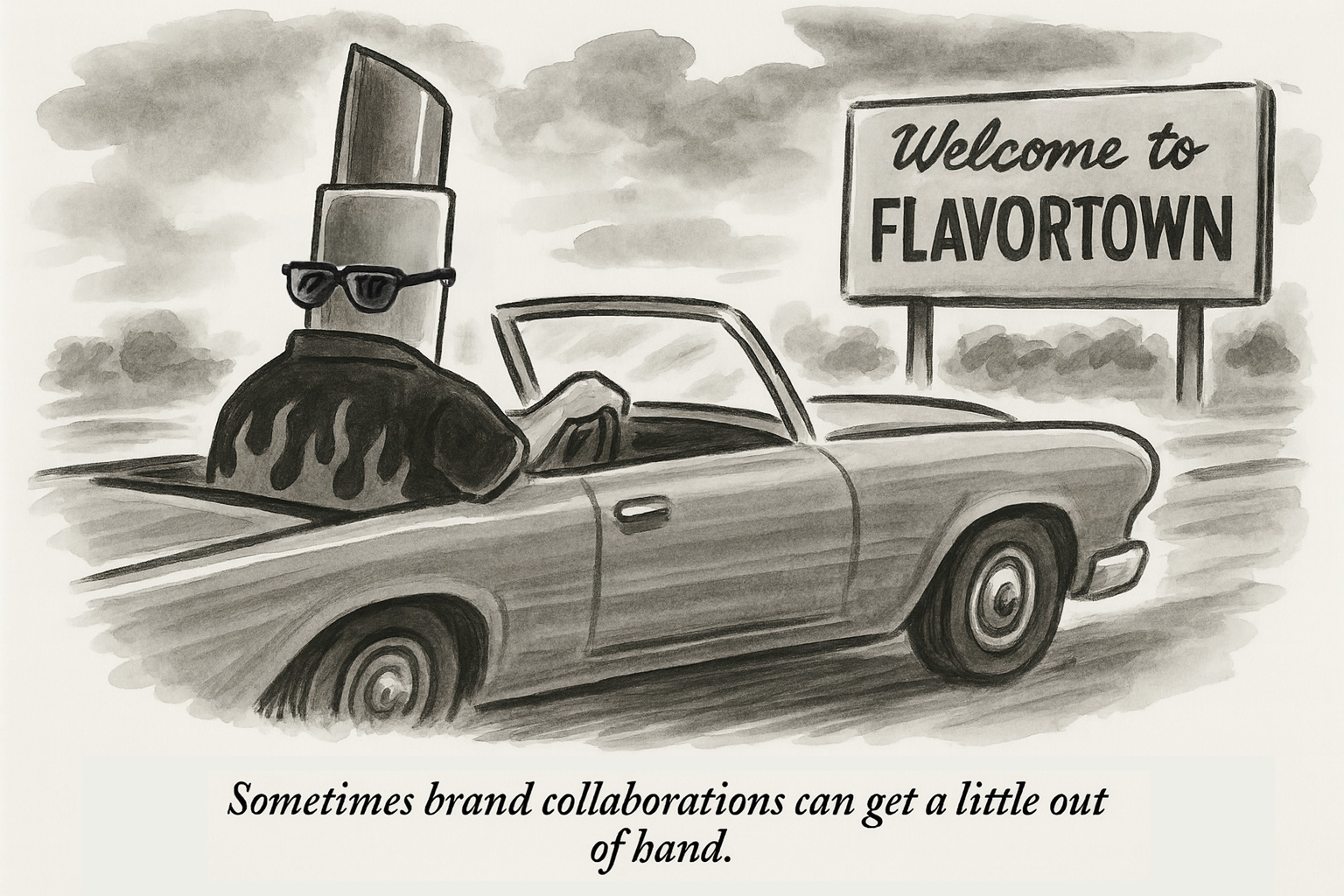
Welcome to Wednesday, futurists.
There's something beautifully absurd about living in an era where Guy Fieri's Buffalo Wing Sauce can become a lip balm, and somehow that makes perfect business sense.
This week, Revlon announced its latest limited-edition release: a "Flavortown" lip balm inspired by the Mayor of Diners, Drive-Ins, and Dives himself. The product drops just in time for National Lipstick Day and National Chicken Wing Day (both July 29th, because of course they're on the same day), exclusively on Revlon.com via (you guessed it) Buy with Prime.
Commerce is culture™, futurists.
Chief Digital Marketing Officer Kelly Solomon noted that Revlon is now aiming to operate at the "intersection of cultural relevancy and eCommerce," which is corporate speak for "we're betting on Prime-powered checkout and hoping meme-happy shoppers will buy chicken-flavored chapstick for the lolz."
The move isn't entirely unprecedented. E.l.f. Cosmetics has built a cult following by partnering with quick-service giants like Dunkin' and Taco Bell for limited-edition makeup collections. Their strategy targets Gen Z's appetite for absurdist brand collabs that blur the lines between parody and product.
But here's the question: does Guy Fieri have the cultural capital to move units in beauty?
The Triple-D host occupies a unique space in American culture. He's simultaneously beloved and mocked, earnest and camp, mainstream and niche. His brand represents unpretentious enthusiasm in a world increasingly concerned with authenticity performance. In other words, he's the perfect ambassador for a beauty industry that's desperately trying to not take itself too seriously.
Which makes him the perfect ambassador for this moment: ironic sincerity, conspicuous consumption with a maximalist bent, and Americana-infused, middle-America, anti-woke, “Ozempic-is-for-losers-size-me” meals.
Revlon's bet on Flavortown isn't just about wing sauce lips. It's about capturing the intersection of nostalgia, irony, and genuine affection that defines this moment in culture. We live in an age where sincerity and satire coexist, where buying something "ironically" still counts as buying it.
Whether chicken-flavored cosmetics become the next unicorn category remains to be seen (it won’t).
But in a marketplace where cultural relevance trumps traditional product logic, maybe Guy Fieri's lips don't lie.
— Phillip

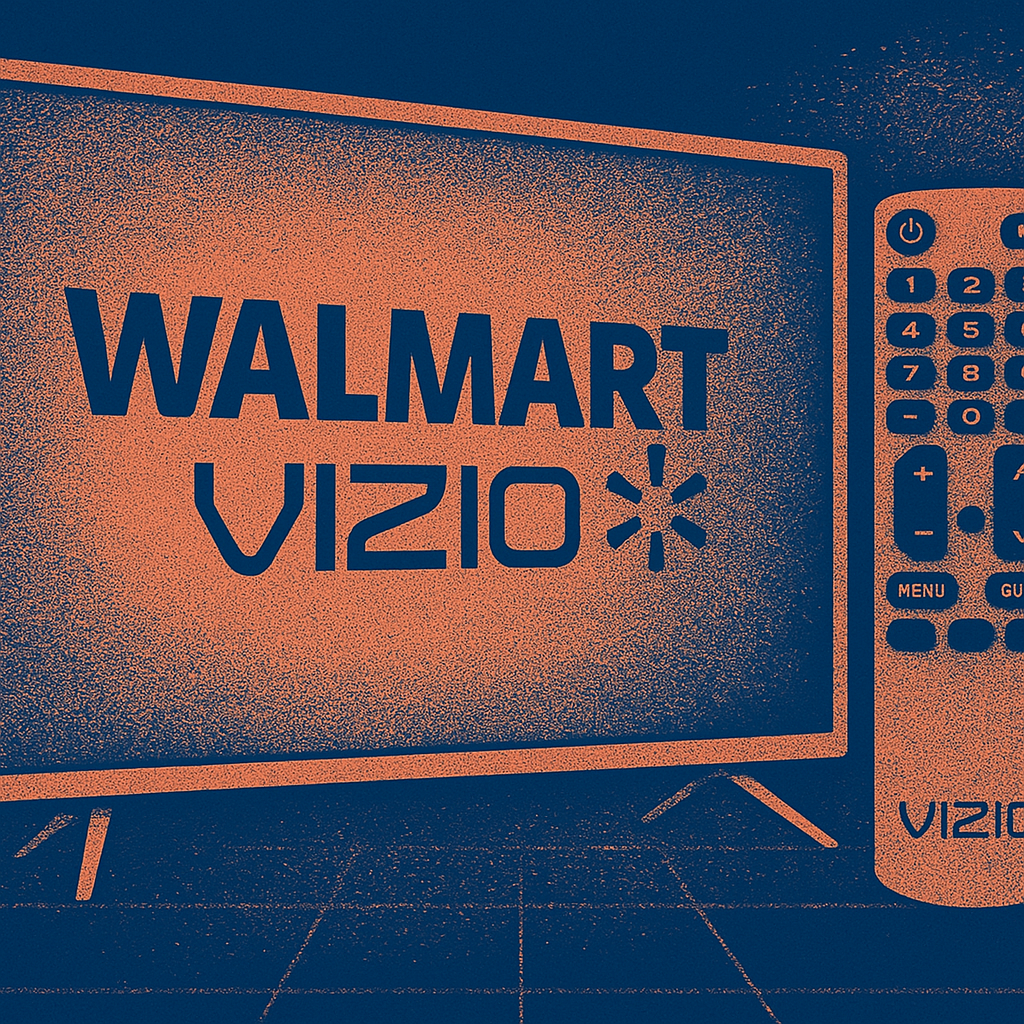
Walmart's TV Takeover Plot. Following its acquisition in 2024, Walmart plans to make Vizio exclusive to its own shelves and screens. According to a leaked memo, the company will convert the TV brand into a private label by the end of 2025, pulling it from Amazon, Target, and other competitors. While product differentiation and exclusivity doesn’t hurt, there is a longer-term play in motion. The decision to keep Vizio in-house helps strengthen Walmart’s retail media strategy by integrating Vizio’s SmartCast OS with its fast-growing Walmart Connect business. With Amazon’s Fire TV ecosystem as its main benchmark for retail media success, Walmart doesn’t just plan to sell electronics. It clearly plans to build a vertically integrated media and commerce machine.
🔮 If you want some advice on how to best navigate the evolving retail media landscape, check out our on-demand virtual workshop featuring Cannes Retail Media Deathmatch champ Kiri Masters.
(Price) Match Game Over. Starting July 28, Target will stop price matching against retailers like Walmart and Amazon. The company claimed shoppers weren’t leveraging the policy to match competitors anyway, they were mostly just comparing Target to Target (online and in stores, that is). The move comes as the retailer works to rebuild customer trust and navigate slowing sales likely influenced by DEI policy backtracks.
Our Take: Target shoppers have relied on the policy for about 12 years, but amid tariffs and inflation, Target plans to instead prioritize “everyday low prices” and exclusive discounts through Target Circle, its free-to-join membership program. The brand is doubling down on affordability this back-to-school season with a new campaign offering 30% off kids’ items and select college essentials under $20, which will extend savings even longer after the retailer’s Circle Week deals event.
Target’s pivot away from price-matching could be a smart strategic play, especially because matching prices on every SKU could quickly become a race to the bottom. But the value equation is being redefined and perception may matter more than the receipt. If Target isn’t providing financial value, they’ll have to think critically about where they will actually create value to customers across channels.


Pacsun's 24-Hour TikTok Marathon. Pacsun is going all-in on TikTok Shop with Super Brand Day, a week-long shopping fest that puts creators front and center. From July 24-30, creators will host a series of livestreams at the Pacsun flagship in SoHo, NYC, offering deals up to 50% off.
One stream will run for 24 hours straight.
TikTok Shop is becoming a more influential cultural and commercial hub, and Pacsun is leaning into the moment (someone ring up Sheryl Sandberg). The brand is saying “lights, camera, action,” and is turning live shopping into a content engine, community driver, and real-time trend experiment.

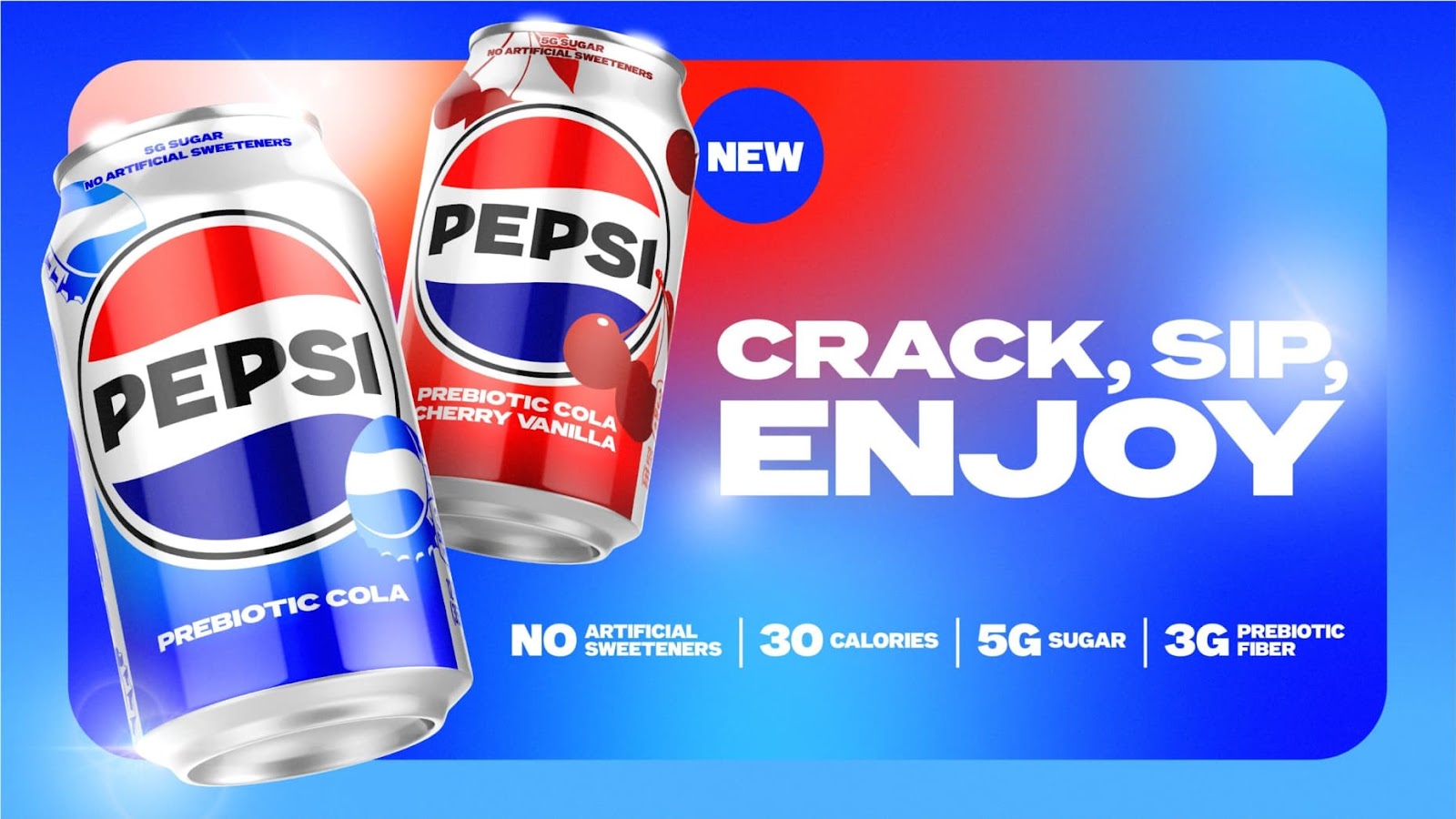
Pepsi Gets Gutsy. Four months after acquiring Poppi for nearly $2 billion, Pepsi is debuting its own prebiotic cola this fall. The new formula includes 3g of prebiotic fiber and 5g of cane sugar, a move that came shortly after President Trump boasted about his meeting with Coca-Cola, which ultimately got the company to shift to a cane sugar formula.
The timing isn't a coincidence. Poppi and competitor Olipop have carved out a fast-growing category of “healthy sodas,” especially among Gen Z and Millennial shoppers focused on gut health, lower sugar intake, and better-for-you branding. With Coke’s competing Simply Pop prebiotic line already on shelves, the soda wars are shifting to focus on fiber and function.

The Great Lettuce Shortage of 2025. First they came for the avocados, and I did not speak out because I was not a millennial. Then they came for the pistachios, and I did not speak out because I was allergic to tree nuts. Then they came for the shredded lettuce, and there was no one left to make my Snack Wrap.
After a niche social media campaign went viral, McDonald’s brought its beloved Snack Wrap back to the masses. The sales response has been so incredible that some locations have faced a shredded lettuce shortage. Data from Placer.ai indicates that after the Snack Wrap’s return, McDonald’s locations saw a 11.4% surge in foot traffic versus typical weekdays. This isn’t a mere case of fast-food nostalgia; this is just the latest example of social media driving supply and demand.
The Golden Arches has a robust history of trend-setting product drops: #GrimaceShake trended with nearly 2.9 billion views on TikTok, leading to company sales boosting more than 11%. The Snack Wrap follows a similar model, taking a beloved menu item and adding some word-of-mouth marketing magic to lead to supply chain mayhem.








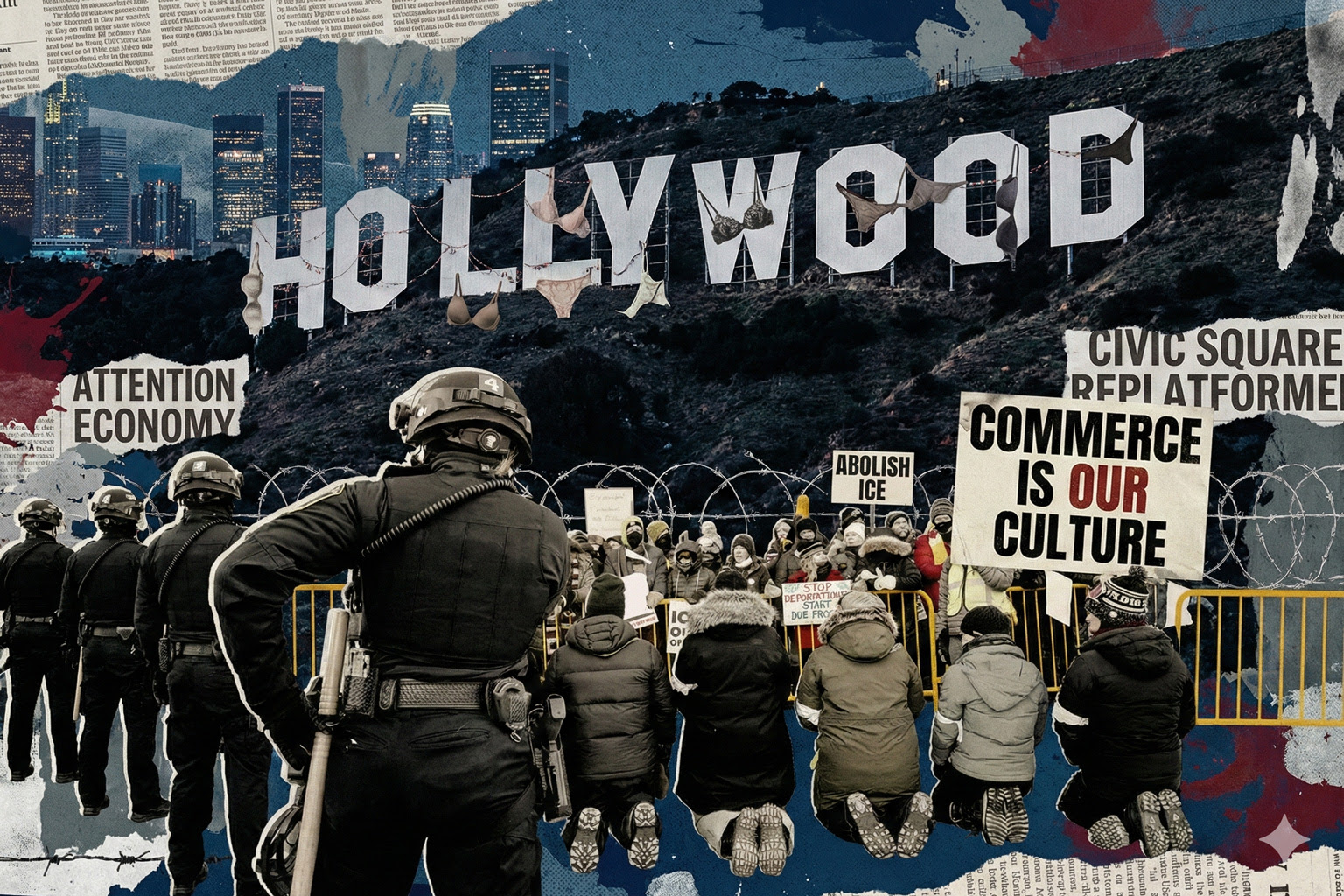
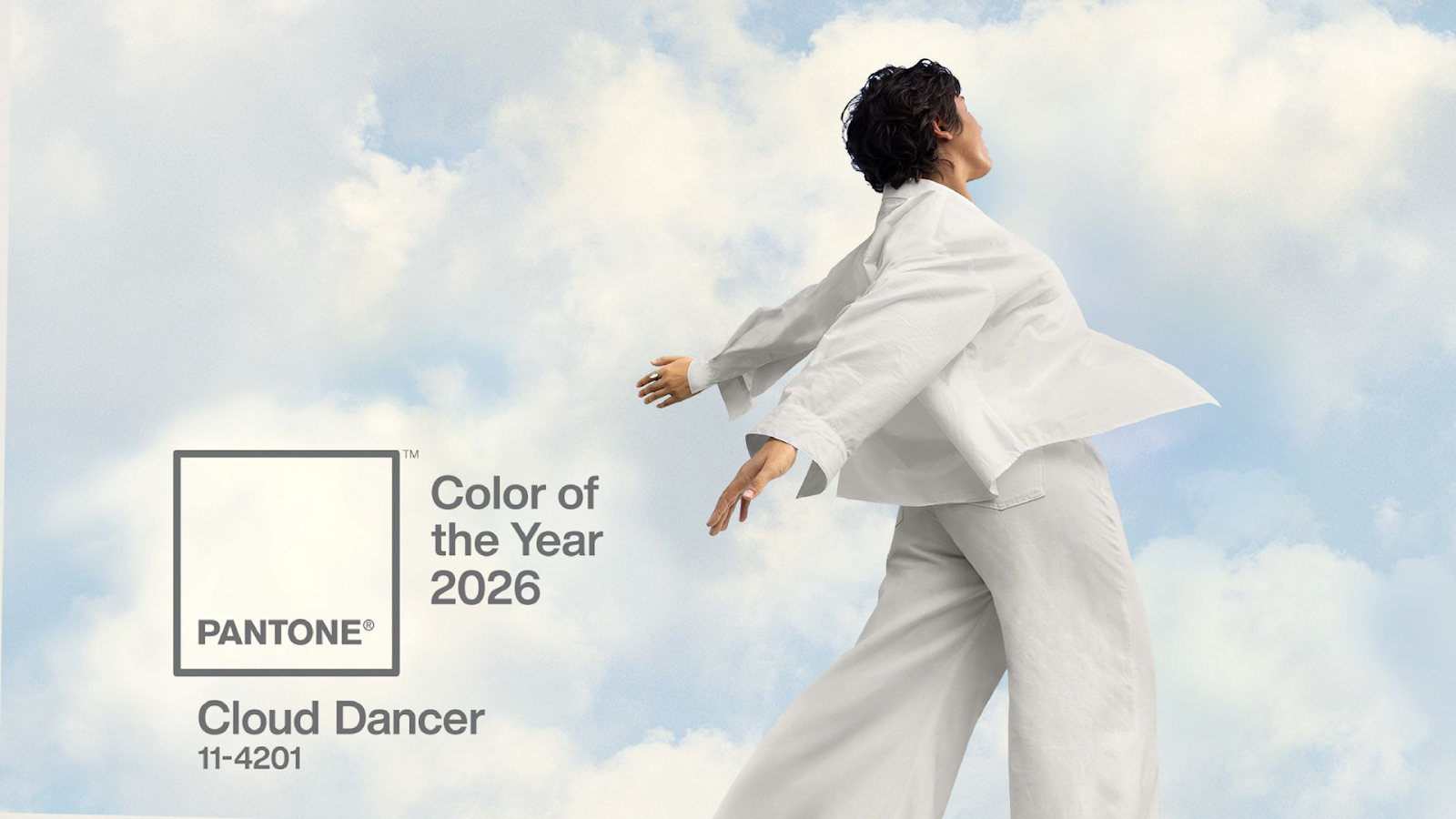
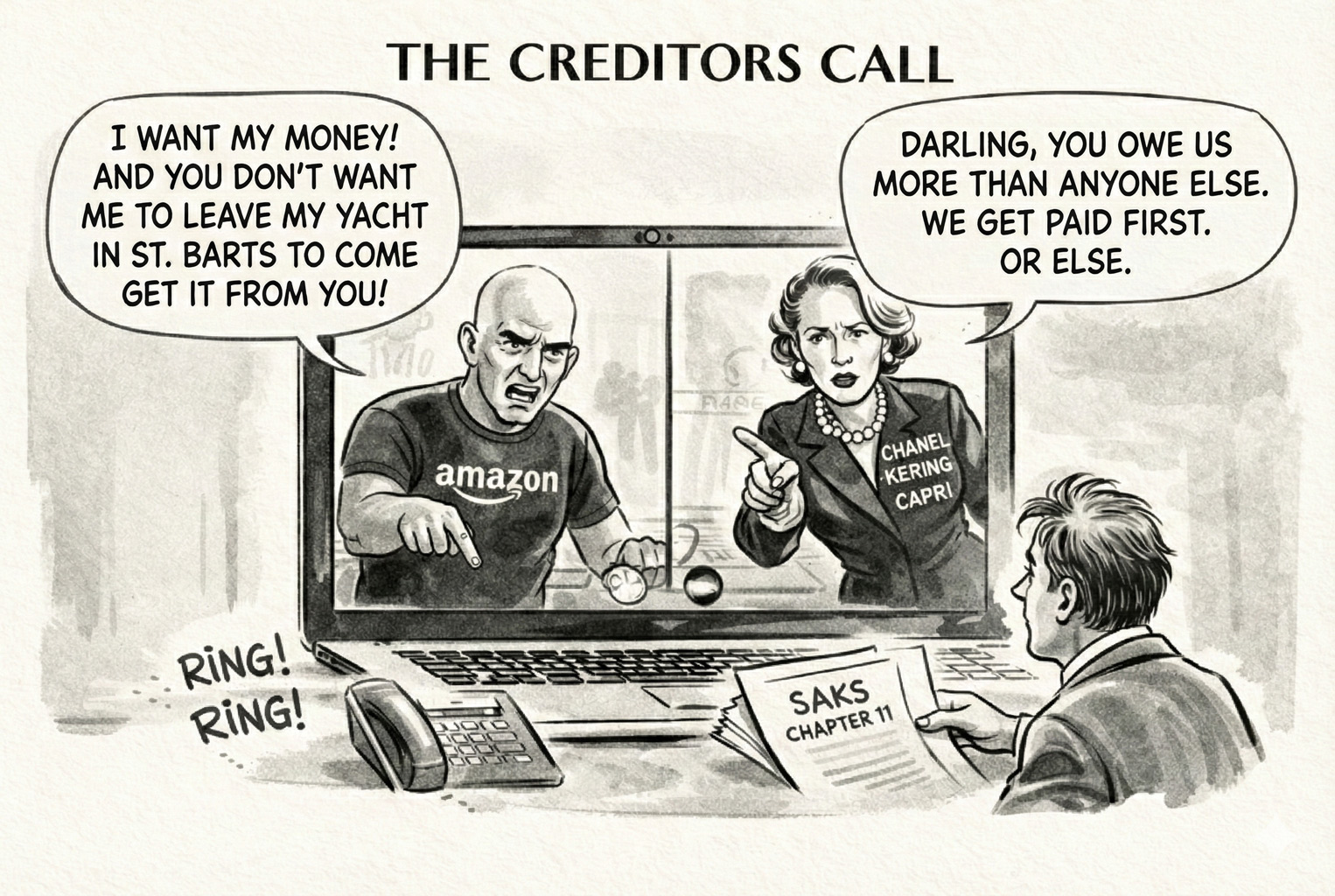
.svg)
